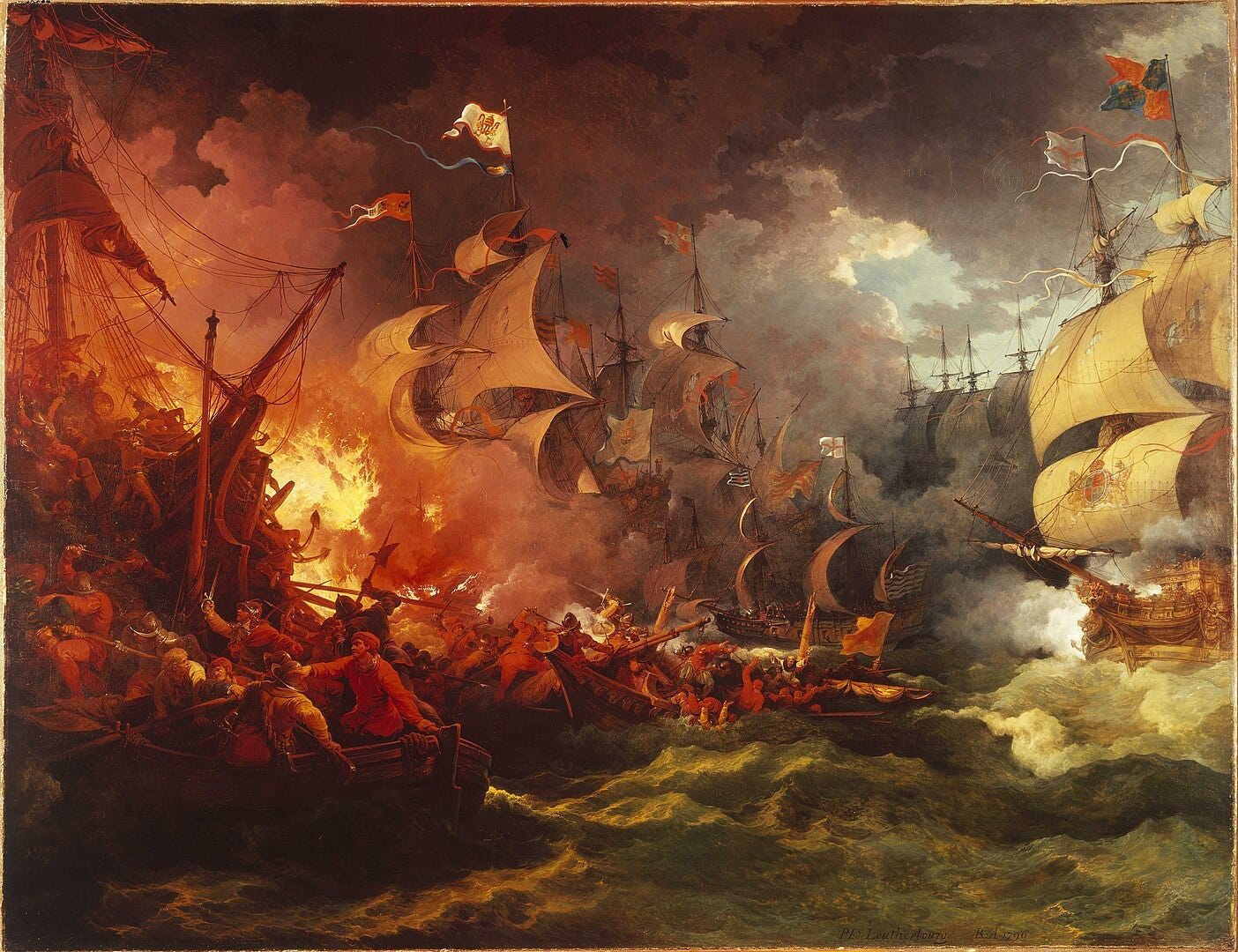World roundup: August 8 2025
Stories from Israel-Palestine, Armenia, Russia, and elsewhere
TODAY IN HISTORY
August 8, 1588: The English fleet puts the final nail in the Spanish Armada’s coffin at the Battle of Gravelines. After harassing the armada for the previous nine days, forcing it to regroup in the Spanish Netherlands, the English fleet used its superior mobility to inflict a serious defeat on its Spanish counterpart, sinking five ships and killing some 600 people. The Spanish fleet was forced to beat a hasty and badly managed retreat north, and by the time it had circled back around Ireland and returned home it had lost about a third of its ships and thousands of men.

August 8, 1967: Five Southeast Asian states—Indonesia, Malaysia, the Philippines, Singapore, and Thailand—found the Association of Southeast Asian Nations (ASEAN). The new bloc succeeded the three member (Malaya, the Philippines, Thailand) Association of Southeast Asia with the aim of encouraging regional peace and economic interaction. ASEAN was intended as a specifically anti-communist institution, overlapping somewhat with the US- and UK-backed Southeast Asia Treaty Organization (SEATO) until that institution dissolved in 1977. ASEAN now includes 10 members, with Papua New Guinea and East Timor both in some stage of accession.
August 8, 1988: Hundreds of thousands (perhaps millions) of protesters engage in demonstrations and civil disobedience across Burma (Myanmar if you prefer) to protest the ruling Burma Socialist Programme Party’s repression, corruption, and economic mismanagement. The BSPP came to power following a 1962 coup and led a military government that purged itself of much of its leftist/socialist element in the 1970s. The 8888 Uprising, as it’s known, briefly sparked a move toward elections that ended with a military coup in mid-September and the imposition of a new junta. With the partial exception of the country’s 2011-2021 experiment in semi-civilian governance, the military has remained in power to the present day.
MIDDLE EAST
SYRIA
Representatives of Syria’s minority communities gathered in the city of Hasakah on Friday for a conference to discuss their futures under the new Syrian government. They ended that event with a joint call, motivated to no small extent by the violence inflicted on Syrian Alawites, Druze, and Christians over the past several month, for the formation of a decentralized Syrian state under a constitution “that guarantees religious, cultural and ethnic pluralism.” There’s been no comment from the Syrian government but it and its Turkish (and US) patrons have thus far shown no interest in any sort of decentralized or federal governing model. The Turks in particular fear what a federal Syria could mean in terms of Kurdish autonomy.


